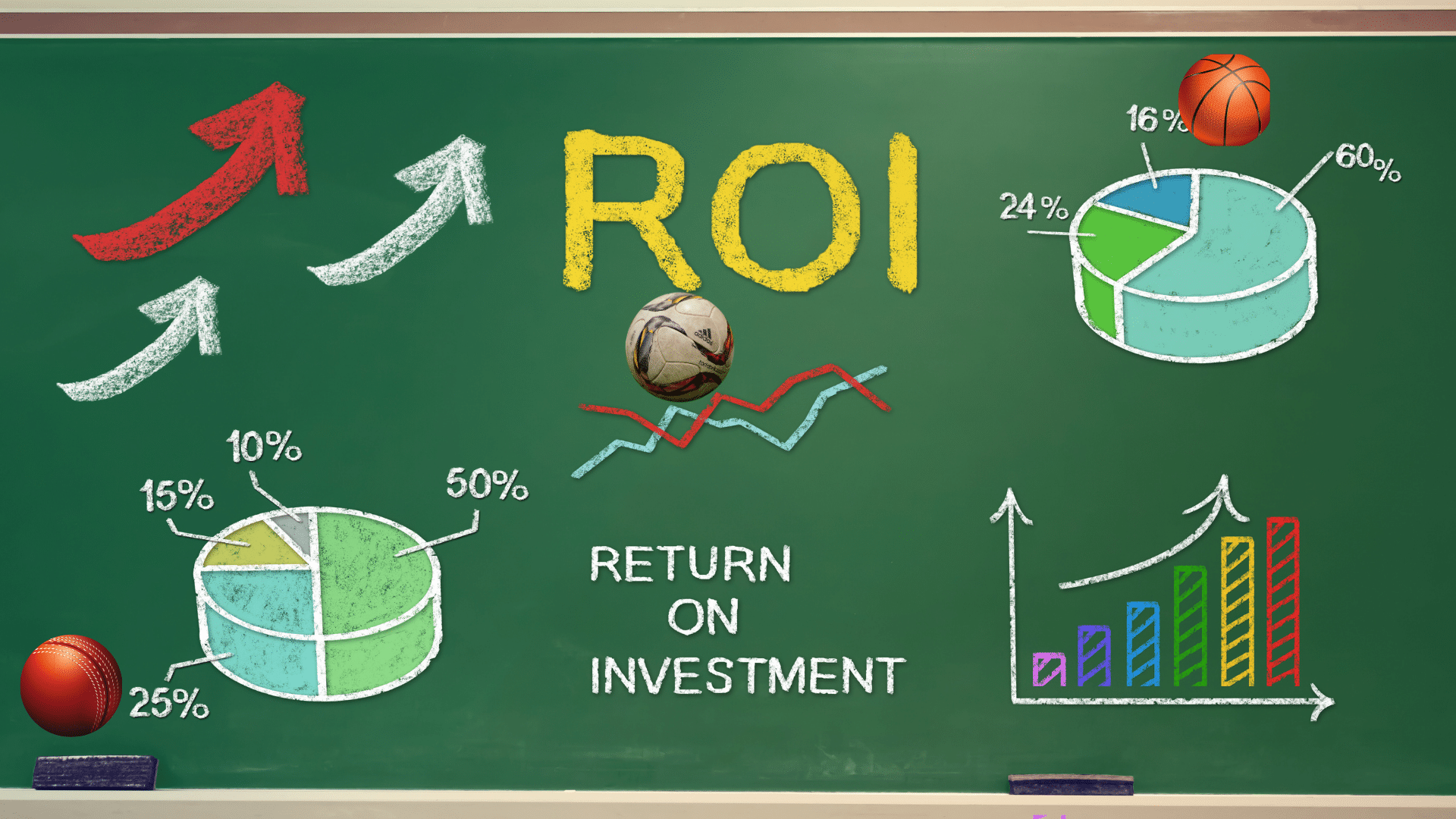Reports have long demonstrated that performance analytics is more than a tech tool; it is a cornerstone of strategy, fan engagement, and revenue in football.
According to Deloitte’s Annual Review of Football Finance, the European football industry generated a record €38 billion in revenue, an 8% increase from the previous year’s highest milestone. The report highlighted that the increased revenue was driven mainly by surging matchday, commercial, and broadcast revenues, powered by an increase in sponsorship, especially for major leagues.
One important and underlying factor evident in this report is the reality that data-rich market insights drive sponsorship and commercial partnerships and are at the heart of revenue growth in football today.
During the Master in Football Business event, organised in partnership with FC Barcelona, Ramón Amich, Director at Nielsen Sports, reiterated that brands investing in sports use data analytics.
“Brands rely on analytics to build custom sponsorship packages…the goal is no longer just participation, it’s monetizing visibility across every point the sports audience interacts with the brand.”
The role of analytics in this revolution is unmistakable. It has been making a meaningful impact since the early days of Prozone’s GPS tracking and data platforms, to the more sophisticated performance analytics technology available today.
What if African football mirrored Europe’s analytics-driven model?
Africa’s football scene is rich in raw talent and is beginning to adopt analytics, but the scale is small relative to Europe. Reports reveal growing use of AI and data in scouting, youth development, and real-time match insights across Nigeria, Kenya, and South Africa. But many teams still rely on traditional methods due to infrastructure and financial limitations.
Imagine a different path, one where African clubs and federations proactively embrace analytics. The benefits could be transformative, improving revenue through insights into players’ behaviour, ticket sales, merchandise, and broadcast earnings, as seen in Europe.
African teams can attract investments and build revenue through performance analytics by offering measurable, data-backed insights that reduce uncertainty for sponsors, broadcasters, and club owners.
In Europe, this approach has already paid off, and African teams can leverage the same tools to attract global investment by providing concrete performance metrics, audience demographics, and engagement figures that de-risk partnerships. Sponsors are more likely to commit long-term when they can see quantifiable returns, whether in matchday attendance trends, merchandise sales, or brand visibility impact.
At the player and club level, performance analytics strengthens the transfer market and grassroots investment. For example, European clubs like Brighton & Hove Albion and Liverpool have used data models to scout undervalued players, later selling them for multi-million-euro profits.
African leagues could adopt similar strategies, turning raw talent into revenue by building verifiable data portfolios for players. This is critical in a continent where a minimum of 15,000 teenage footballers are illegally moved out of West Africa every year due to poor market intelligence and a lack of standardised data on player performance, resulting in the dependence on foreign agents.
If African clubs implemented consistent tracking of speed, stamina, passing accuracy, and positional heatmaps, they could present hard evidence to foreign buyers, commanding higher transfer fees and reinvesting in facilities, youth academies, and infrastructure. This data also aids insurance valuation and reduces injury-related losses, making clubs more financially sustainable.
From an investment ecosystem perspective, analytics can unlock new revenue streams beyond match results. Broadcasters can use audience engagement data to justify higher rights fees, while betting companies, fantasy sports platforms, and sportswear brands can design targeted campaigns based on insights into fan behaviour.
In Africa, where football commands massive audiences but still suffers from fragmented data collection, an analytics-driven model could bridge the trust gap between investors and rights holders. This shift would position African football not just as a source of talent, but as a commercially viable, measurable, and high-return sports industry, mirroring Europe’s analytics revolution, but tailored to the continent’s unique opportunities.
Africa’s data tracking success stories
One African football club that has gained from its investment in data and performance analytics is Mamelodi Sundowns of South Africa. The club’s digital-first approach saw it openly invest in digitisation, GPS tracking, AI tools, and data analytics across its men’s and women’s programmes.
The club credited this move for improvements in training intensity, recovery periods, and tactical decision-making. The result? Consistency in performance, which increased the club’s attractiveness to sponsors and partners.
Building a data-rich performance profile for each player allowed Sundowns to quantify consistency and marketability, making the club more attractive to potential sponsors and global partners.
“Embracing the use of advanced technology is a crucial step in achieving these goals, and the team fully supports and practices the use of cutting-edge technology to gain a competitive advantage,” said an article in Mamelodi Sundowns magazine.
Another club that has benefited from technology in sports is Al Ahly — Africa’s most decorated club. The club’s scouting staff publicly references using structured scouting/software tools to build player databases, compile match-by-match statistics, GPS track outputs, standardise reports, and improve talent ID. These platforms compile match metrics and video to create evidence-based scouting dossiers.
Giving a review on the official website of ScoutDecision, the Head of Scouting at Al Ahly said, “[It] is a platform and an excellent tool that we, the scouting team at Al Ahly Club, utilize. It greatly facilitates our scouting reports, technical player assessments, and helps us build a player database and generate reports. [It] has a dedicated and responsive team that promptly addresses all our requirements.”
This systematic approach has provided the club with two significant benefits. First, it reduces recruitment risk by ensuring signings are backed by hard data, not just subjective scouting notes. Second, it positions Al Ahly to justify higher transfer fees when selling talent abroad because the club can provide prospective buyers with a quantified and verified performance history. A prime example is the sale of Wessam Abou Ali to Columbus Crew in July 2025 for $7.5 million.
To demonstrate its commitment to promoting the adoption of performance and data analytics as a key investment strategy in African football, the Confederation of African Football (CAF) has launched a CAF Research Hub to provide data-driven insights for stakeholders across the continent.
CAF Member Associations Director Sarah Mukuna said, “The CAF Research Hub is aimed to provide data-driven insights into African football. Its mission will be to conduct research that informs action, gathering evidence for theories relevant to the African context. With the CAF Research Hub we will contribute to developing and disseminating knowledge to our Member Associations and the African football stakeholders.”
How does this translate to revenue?
Potential investors and sponsors demand reliable metrics and data, which African clubs/federations can access from the hub. These are the same currencies European clubs use to monetise rights and sponsorships. This is the structural step that enables measurable revenue growth tied to analytics.
Looking ahead, if African football commits to this roadmap, the continent could do more than close the gap; it could define a distinct competitive edge. Growth won’t be immediate or uniform with what is obtainable in Europe, but with strategic investment, public–private collaboration, and tech-enabled grassroots development, performance analytics could unlock a new era in African football.







